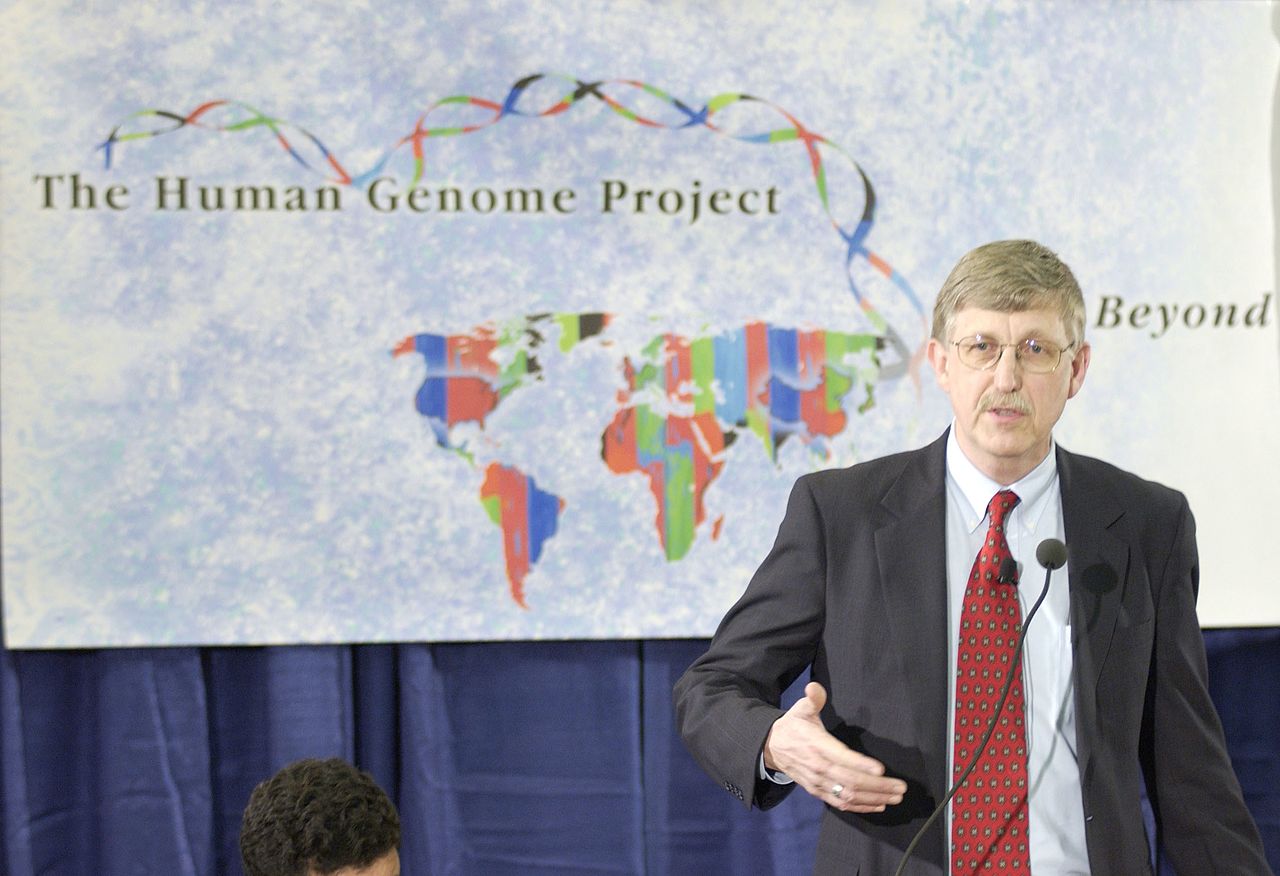Tag: National Institutes of Health

Improving how the NIH decides which grants to fund: Reality vs. conspiracy
Last week, the United States National Institutes of Health (NIH) announced a plan to decrease the problem of reputational bias in grant funding. I couldn't help but contrast how hard the NIH tries to use the most rigorous scientific criteria to decide whose grants to fund with the conspiracy theory that Anthony Fauci personally doles out NIH dollars like a mob boss...

Medical science policy in the U.S. under Donald Trump eighty days in
A week after Donald Trump was elected, I speculated about how he would affect medical science policy. Now, 80 days into the Trump administration, we have some observations.
No, a rat study with marginal results does not prove that cell phones cause cancer, no matter what Mother Jones and Consumer Reports say
There are certain myths that are frustratingly resistant to evidence, science, and reason. Some of these are basically medical conspiracy theories, where someone (industry and/or big pharma and/or physicians and/or the government) has slam-dunk evidence for harm but conspires to keep it from you, the people. For example, despite decades worth of negative studies, the belief that vaccines are harmful, causing conditions...
The 21st Century Cures Act: The (Somewhat) Good, The (Mostly) Bad, and The (Very) Ugly
The approval of new drugs and medical devices is a process fraught with scientific, political, and ethical landmines. Inherent in any such process is an unavoidable conflict between rigorous science and safety on the one side, which tend to slow the process down by requiring large randomized clinical trials that can take years, versus forces that demand faster approval. For example, patients...
A favorite tactic of the antivaccine movement: When science doesn’t support you, use the law
As I’ve joked about before, I’m a bit like Dug the Dog from the movie Up whenever a squirrel goes by. In other words, I’m easily distracted by things that interest my primal urge to chase pseudoscience. I originally had a cancer-related topic in mind for this week’s foray into science-based medicine, but then on Friday our favorite group of antivaccine activists...
NIH Director Francis Collins doesn’t understand the problem with CAM
As the sole cancer surgeon among our stable of Science-Based Medicine (SBM) bloggers, I’m probably the most irritated at the infiltration of pseudoscience into academia (or, as we sometimes like to call it, quackademic medicine) in the realm of cancer. Part of the reason, of course, is that cancer is so common and that the consequences of adding pseudoscience to cancer therapy...

Is Francis Collins Bringing Sexy Back To Science?
I know. I was just as surprised as you are. Dr. Francis Collins, former director of the Human Genome Project, author of The Language Of God, and new director of the National Institutes of Health performed live in front of a group of Washington locals at the Capitol building today. He actually jammed with Aerosmith’s Joe Perry in an “unplugged” performance of...

Could Francis Collins’ Faith Create Conflicts For His Potential Directorship of NIH?
Francis Collins, M.D., Ph.D., is probably best known for his leadership of the Human Genome Project, though his discoveries of the Cystic Fibrosis, Huntington’s, and Neurofibromatosis genes are also extraordinary accomplishments. Dr. Collins is a world-renowned scientist and geneticist, and also a committed Christian. In his recent best-selling book, The Language Of God, Dr. Collins attempts to harmonize his commitment to both...



